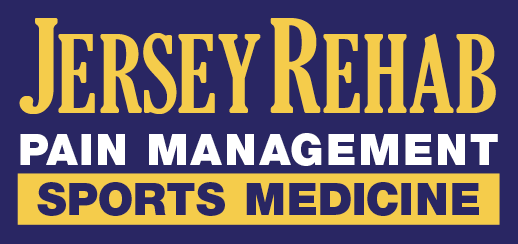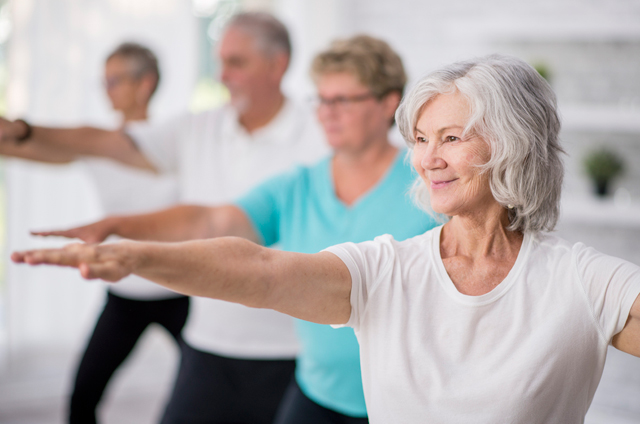Tips to Prevent Arthritis in Elderly Patients
Arthritis is a condition that can cause swelling, pain, stiffness and decreased range of motion. There are more than 100 types of arthritis, though the most common include osteoarthritis (OA), rheumatoid arthritis (RA) and psoriatic arthritis (PsA). While each type develops differently, they all lead to painful symptoms, joint deformities and a loss of function.
Even though there is no cure for arthritis, there are effective ways to manage the condition. Below are some tips to help elderly patients manage their flare-ups. And the best part is, these tips can help you feel better in other areas of your life!
Maintain a Healthy Weight
Extra pounds put pressure on weight-bearing joints like the hips and knees. Consider that each pound you gain adds four pounds of stress to your knees and six pounds to your hips.
Furthermore, people with high body weight are more than four times more likely to develop knee OA than people at a moderate weight. Obesity is also linked to higher rates of RA and PsA.
The best ways to lose weight are by eating healthy and exercising. If you’re still having trouble, talk to your doctor about other options.
Exercise 30 Minutes a Day
Exercise will help you maintain a healthy weight, but there are other benefits it offers as well. Working out strengthens the muscles around the joints, stabilizing them and protecting them from wear and tear.
It’s important to get all forms of exercise including aerobic, strength training, flexibility exercises and balance exercises. These workouts will also help you maintain balance and coordination, protecting you from slips and falls.
Manage Your Blood Sugar
Diabetes is a common health problem for older adults. As we age, the pancreas produces less insulin, which means blood sugar levels stay higher for longer. And, if you’re already overweight, this combination can lead to diabetes.
High blood sugar can also stiffen the tissues that support your joints, and make them more sensitive to stress. Manage your blood sugar by eating at regular times, choosing healthy foods and drinking plenty of water.
Stretch and Avoid Injury
Gentle stretching can improve your range of motion and keep your joints limber. Try to work simple stretches into your routine, especially before you work out. This will also help you prevent injury to your joints.
Consider that an injured joint is more likely to develop arthritis than a joint that was never injured. When you are playing sports or working out, also be sure to wear the appropriate protective gear.
Consider Alternative Treatments
If a healthy diet, exercise and stretching still aren’t helping your arthritis symptoms, talk to a pain management doctor about some of your other options. There are medications that your doctor may recommend, such as steroids and anti-inflammatory drugs.
Your pain management specialist may also recommend an alternative therapy like platelet-rich plasma (PRP) therapy, stem cell therapy or steroid injections. These alternative treatments are safe and effective for most older adults.
Jersey Rehab treats arthritis in elderly patients, and we have access to many different therapies that you may not have considered. Schedule an appointment at one of our locations today.

